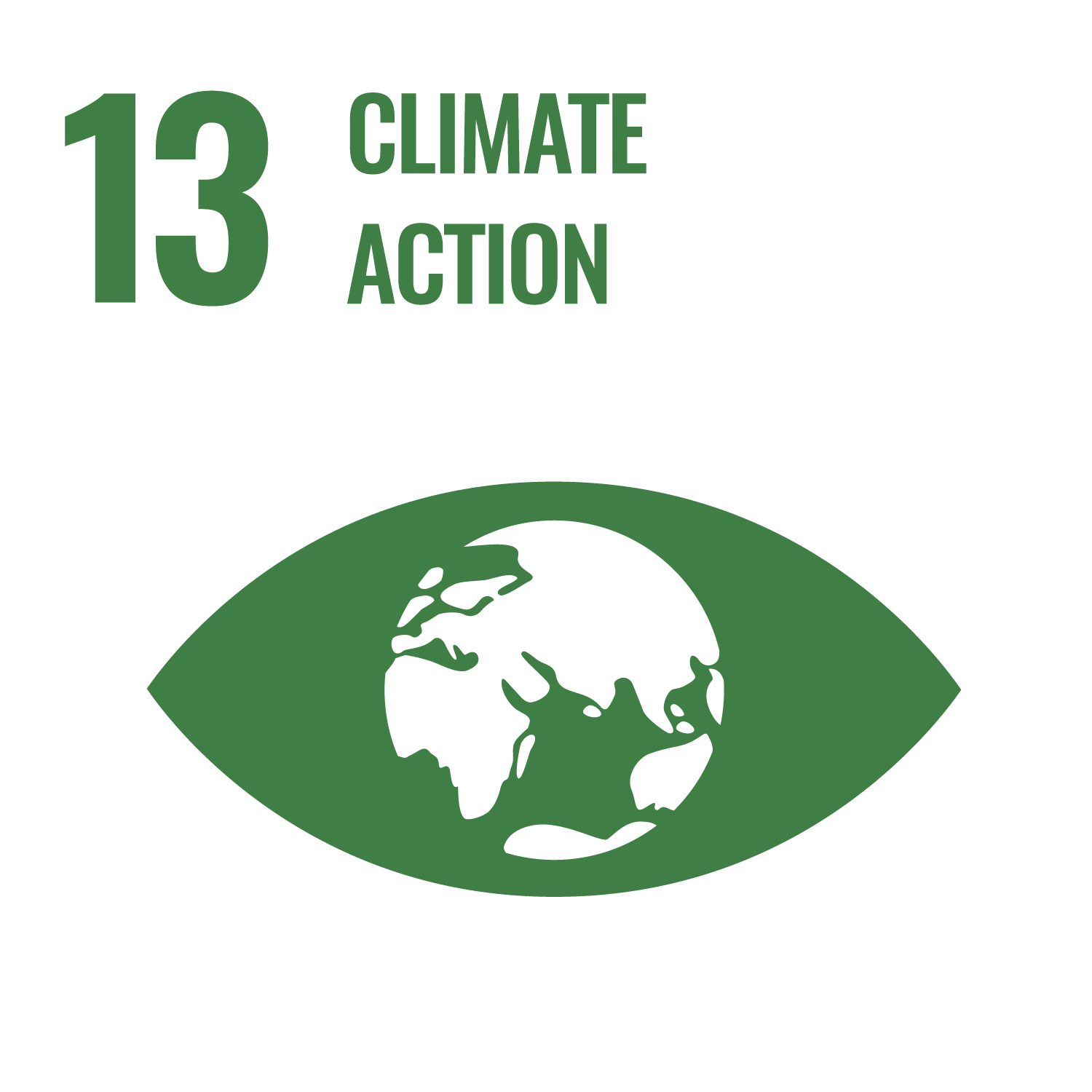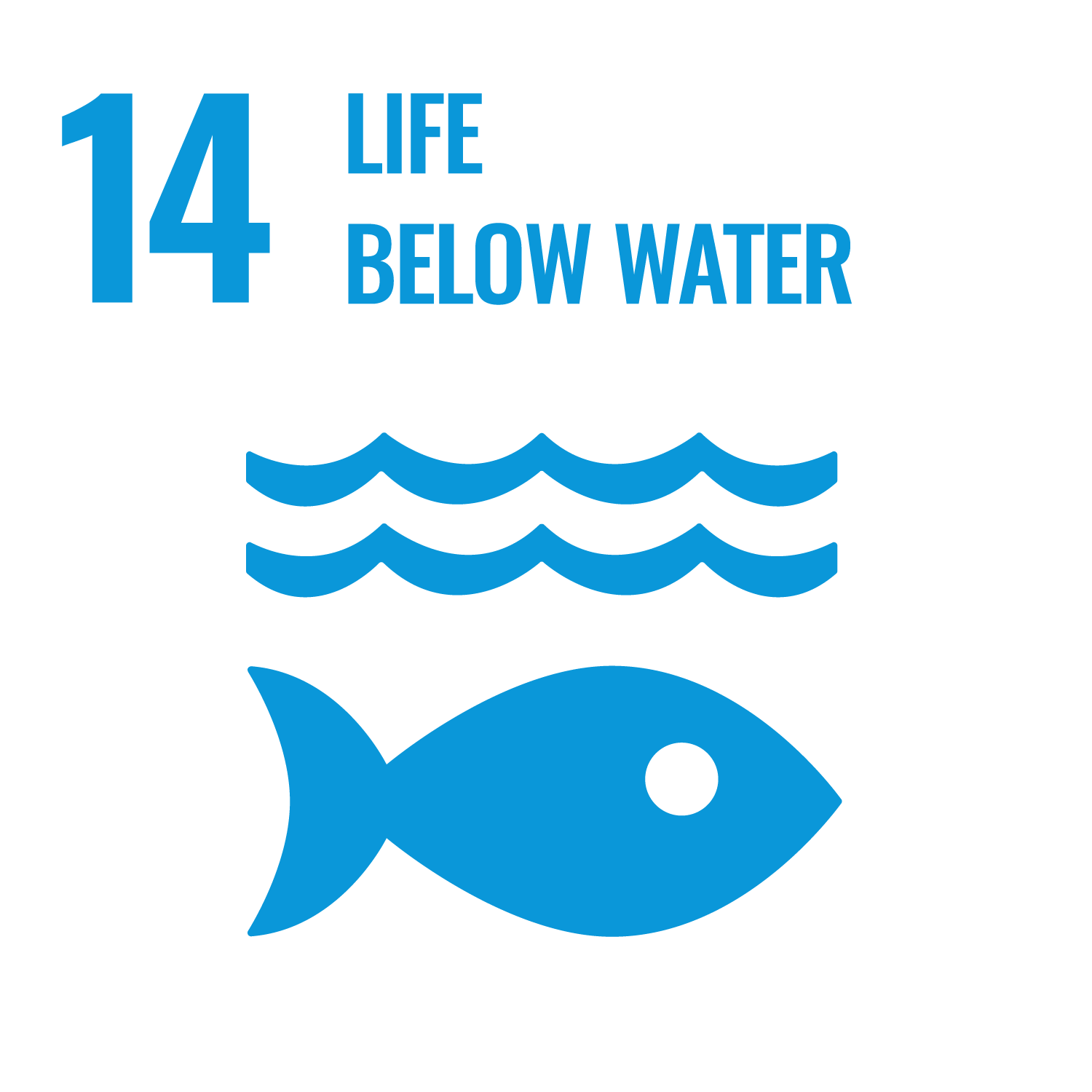




Funding research to preserve the ocean
The project
OceanHealth
Pure Ocean finances ambitious and innovative research programs to preserve and restore marine biodiversity and ecosystems.
Action regions
France
Provence-Alpes-Côte d'Azur
International
250
4 billion
people depend directly on the ocean for their livelihoods
34
innovative projects supported worldwide to find solutions to protect the ocean
Solution
The ocean is heavily degraded by plastic pollution but also by other pollution, overfishing, global warming and other scourges.
Pure Ocean funds research programs to understand and combat pollution, to preserve and restore marine life and to innovate in favor of solutions to these problems. In 6 years, 34 scientific projects have been supported.
Here's an example of a project:
The REEF REBORN project has developed a lipid cocktail for feeding coral larvae that increases their survival rate by 46% and strengthens their thermal resilience. This breakthrough innovation for the ecological restoration of coral reefs has been selected by the Australian Government to restore the Great Barrier Reef, and is already becoming an international reference model.
News
Use of the money
The funds raised will be used to fund new research projects, linked to the fight against pollution. This research can lead to solutions with a positive impact on the health of the ocean, and therefore also on human health.
Action regions
France
Provence-Alpes-Côte d'Azur
International
Why we love it?
Scientific research is the best way to measure the impact of pollution, and therefore to encourage its reduction. By contributing to its funding, we can effectively combat pollution and its consequences.
Certified association
Pure Ocean is an association certified by Dift, here are the criteria we evaluate:
Financial management
Innovation & efficiency
Entrepreneurial spirit, agility & ambition
Governance & values
Transparency, monitoring & impact measurement
Systemic impact
To learn more, visit dift.com/causes
Sustainable development goals


These projects might interest you


